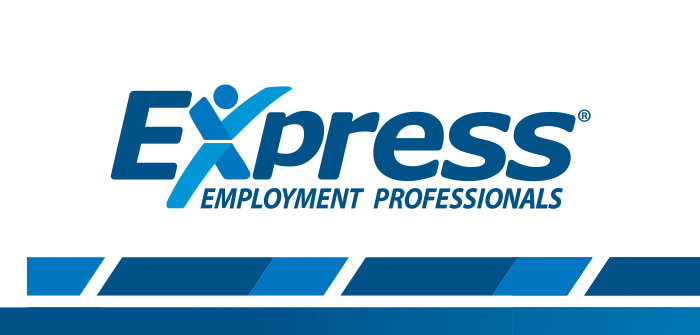Sources of Financial Information
Sources of Financial Information
By Gary Parsons
There is no question that in today’s information age we have unprecedented access to research right at our fingertips. From Millennials to retirees, we consume an inordinate amount of our information digitally.
Our comfort with doing our own research grows in tandem with the growing conveniences of technology in general. The reality is that we often take to the internet for a little guidance and background before relying on the marketplace whether it is cars, health concerns or insurance products. The “self-study” is important, but with the preponderance of information sources, how can you tell the appropriate ones on which to rely?
The truth is it is difficult to weed through the clutter, particularly with insurance and financial services. After all, most companies offering free tools ultimately want your business. Likewise, there are competing philosophies on retirement planning whereby the author’s inherent bias is likely to influence the advice.
Just because you read two separate articles advocating for different approaches, doesn’t necessarily mean that one it wrong. What it does do, however, is highlight how much the details and customization matter.
The tools available to you are an excellent way to brush up on the topic, get an educated base and lead to thoughtful and directed questions regarding your own situation. As we are wont to do, I too rush to WebMD when something feels not so right. While I can take solace in my newfound, albeit rudimentary, understanding of what could be wrong with me, I wouldn’t take that to the point of self-diagnosis and treatment.
Apply that same logic to your financial health. Recognize that while all the information and retirement planning tools are useful to a limit, they are a piece of the process not the end state. Use these tools to bolster your understanding rather than relying on them to plan your retirement savings and distributions after a series of generic questions.
Broad sweeping generalizations are dangerous in financial planning because every situation is so unique. Is a product right for me because this or that article says it is? It depends. Is a certain amount of money enough because this or that website’s tool says it is? It depends. Perhaps the most important phrase I would like to leave you with today is “it depends”. And, generic tools and advice are woefully inadequate when it comes to solving this problem.
Given the magnitude of a thoughtful financial plan, I would spend more time vetting a professional than a website. The most important characteristic of an advisor is that they take the time to learn your specific situation and don’t offer canned advice or push everyone towards the same solutions. Rely heavily on referrals because no ones business card will say “work with me, I give the same generic advice to every client.” Finally, for some objective validation of competency, industry credentials such as a CFP, ChFC, and CLU can signal not only a certain level of educations but also a commitment to the industry.
In the end, finding advice that specifically speaks to your situation is the goal. And, it is tough to find that in a google search. Use the information available responsibly but don’t become overly reliant on it. Find an advisor who takes the time to get to know you and your needs.
This article is meant to be general in nature and is not intended, and should not be construed as personal financial advice. Investing involves risk and the potential to lose principal. Please consult your financial advisor prior to making financial decisions. Gary Parsons is a Financial Advisor with Waddell & Reed and can be reached at 850.894.9950. Waddell & Reed, Inc., Member SIPC (06/15)


